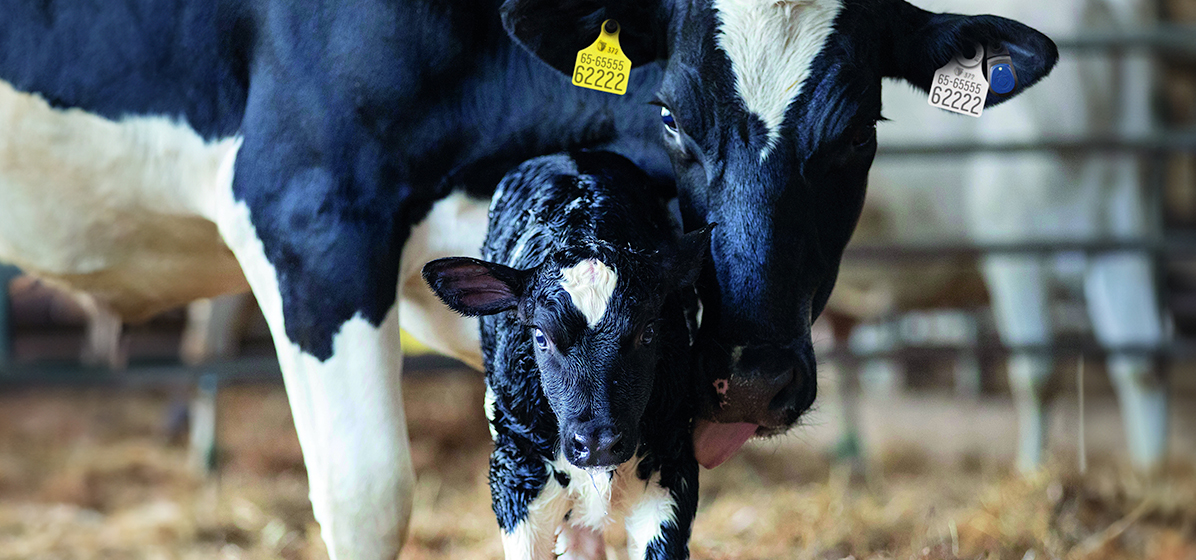

CRYPTOSPORIDIOSIS PROTECTION –
THE IMPOSSIBLE IS
NOW
POSSIBLE.

Introducing BOVILIS® CRYPTIUM®, the long awaited vaccine to protect dairy and beef cattle against Cryptosporidium parvum.
Developed for active immunisation of pregnant heifers and cows to raise antibodies in their colostrum against Gp40 of C. parvum and intended for passive immunisation of calves to significantly reduce clinical signs (i.e. diarrhoea) caused by C. parvum.
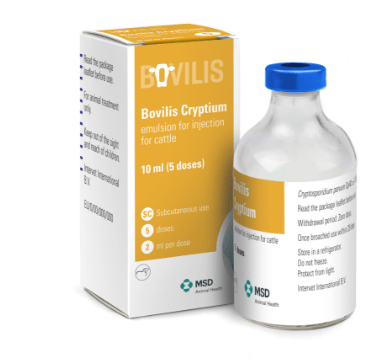

MSD Animal Health offers the broadest Calf Diarrhoea portfolio with Bovilis Cryptium, Bovilis® Rotavec® Corona and with Bovilis Bovivac S, Tribovax 10 and a diclazuril based product to prevent coccidiosis.

Available in 5, 20 and 50 dose presentations and has a shelf life of 28 days after first opening the immediate packaging.
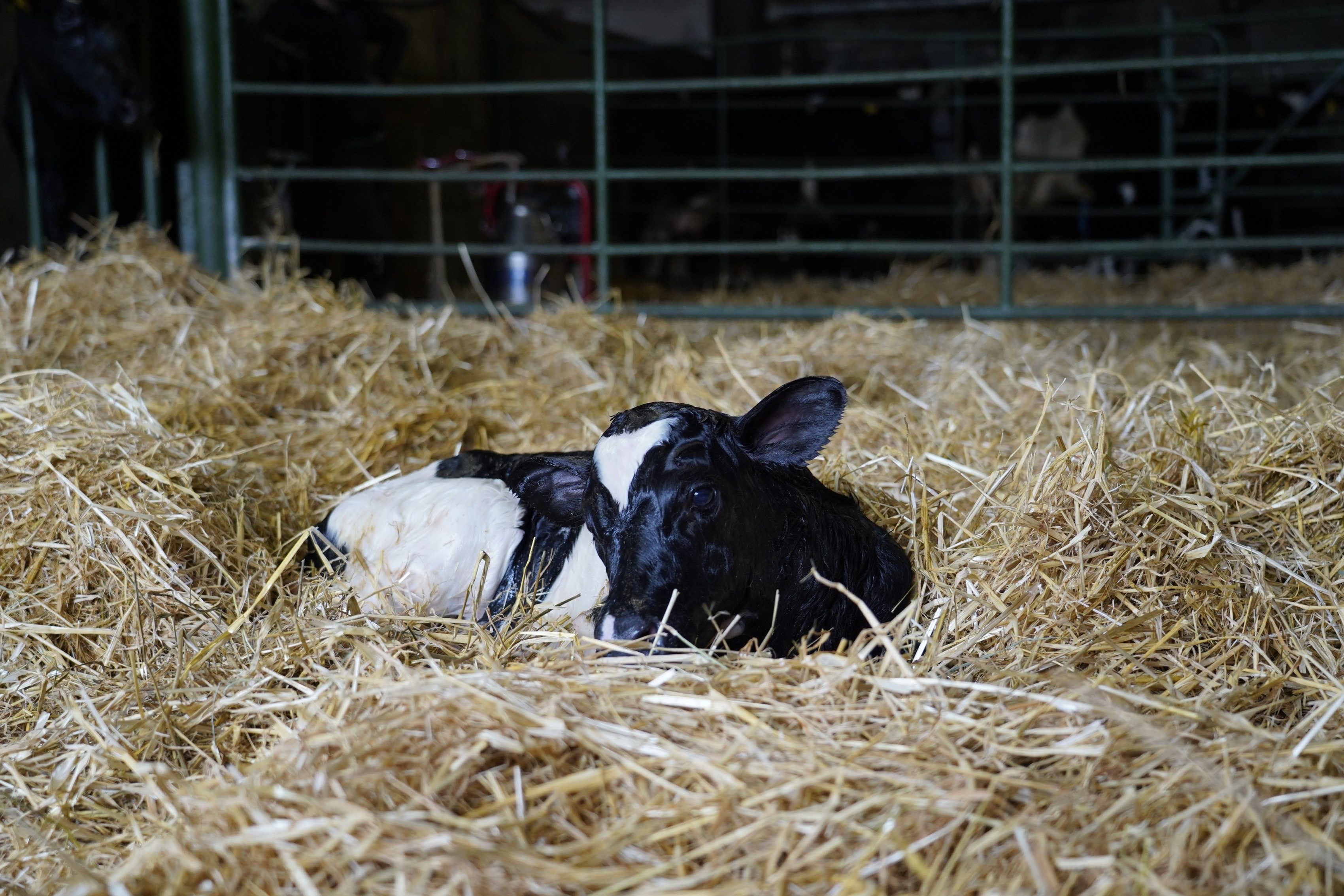

GP40 IS THE KEY

The significance of the antibodies against the Gp40 antigen of C. parvum infection has been well-established. This antigen plays a crucial role in the creation of Bovilis Cryptium, a Gp40-based vaccine. 1,2

The Gp40 antigen in Bovilis Cryptium induces antibodies that neutralize the C. parvum infections in-vitro and are reactive with at least 4 different C. parvum stages; Sporozoites, Trophozoites, Meronts and Merozoites.3
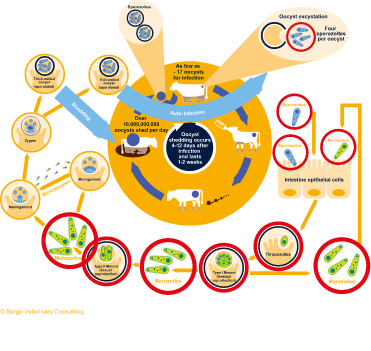
Cryptosporidiosis Vet Tech Talk
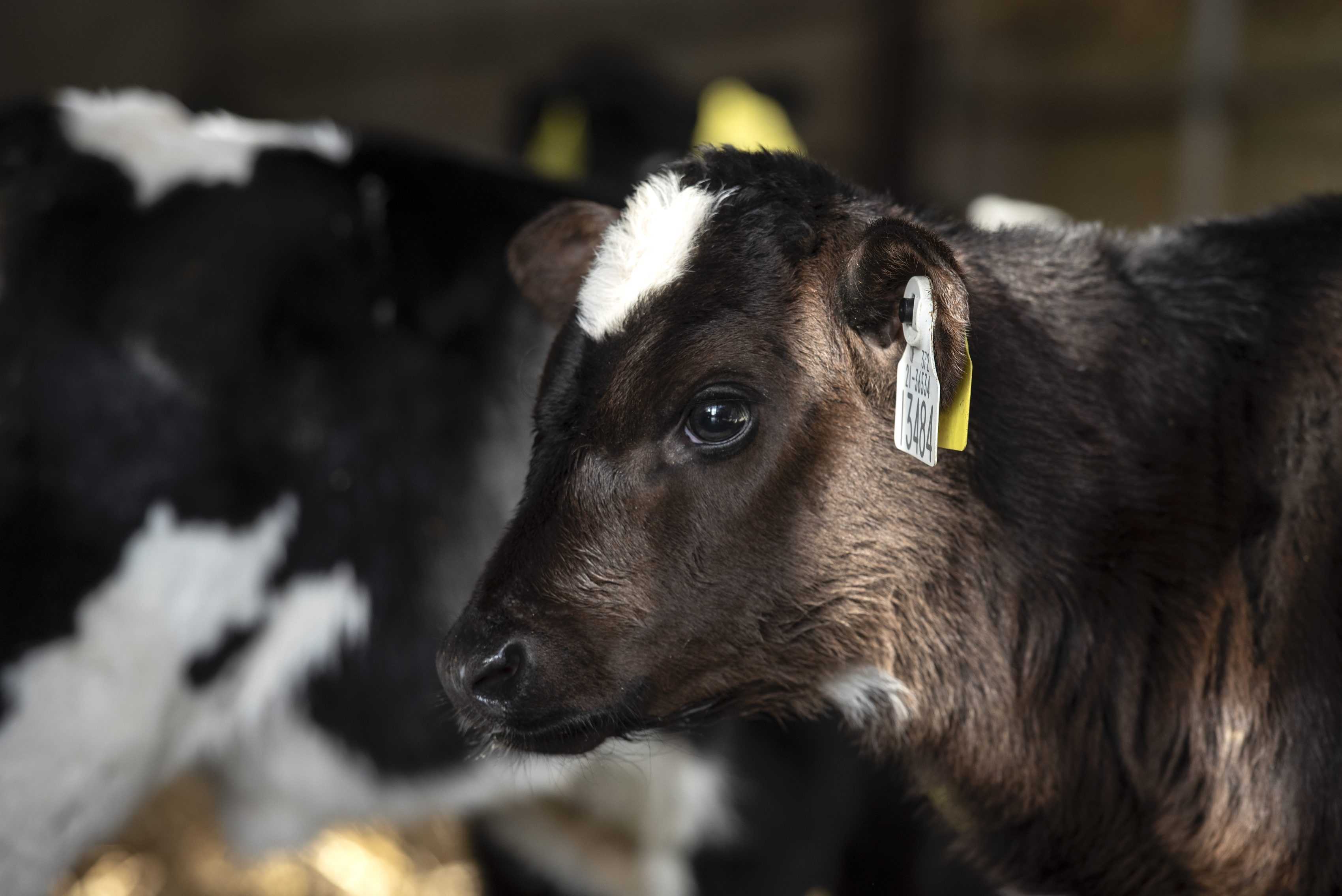

CONVENIENT &
FLEXIBLE ADMINISTRATION

Bovilis Cryptium can be administered at the same time as Bovilis® Rotavec® Corona, at different injection sites.

These two vaccines together protect against the 4 of the most common Neonatal Calf Diarrhoea pathogens.13
C. parvum, coronavirus, rotavirus, E. coli.
Bovilis Cryptium is a vaccine for subcutaneous administration.

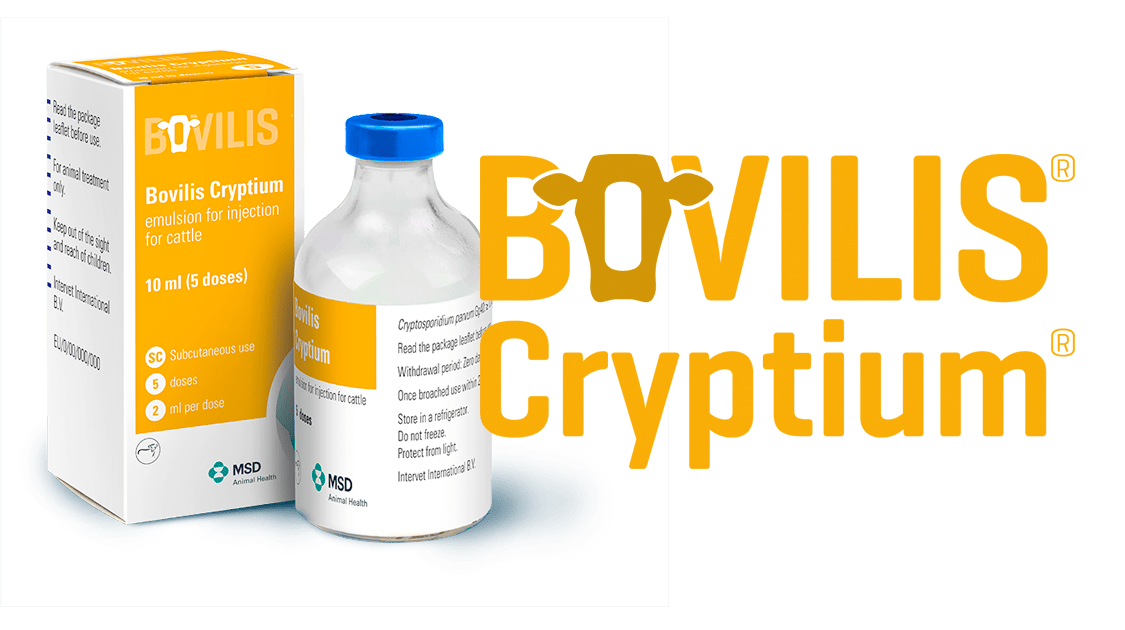
Primary Course: 2 doses under the skin (SC) 12-3 weeks before calving, 4-5 weeks apart. Single booster dose 12-3 weeks before each subsequent calving.
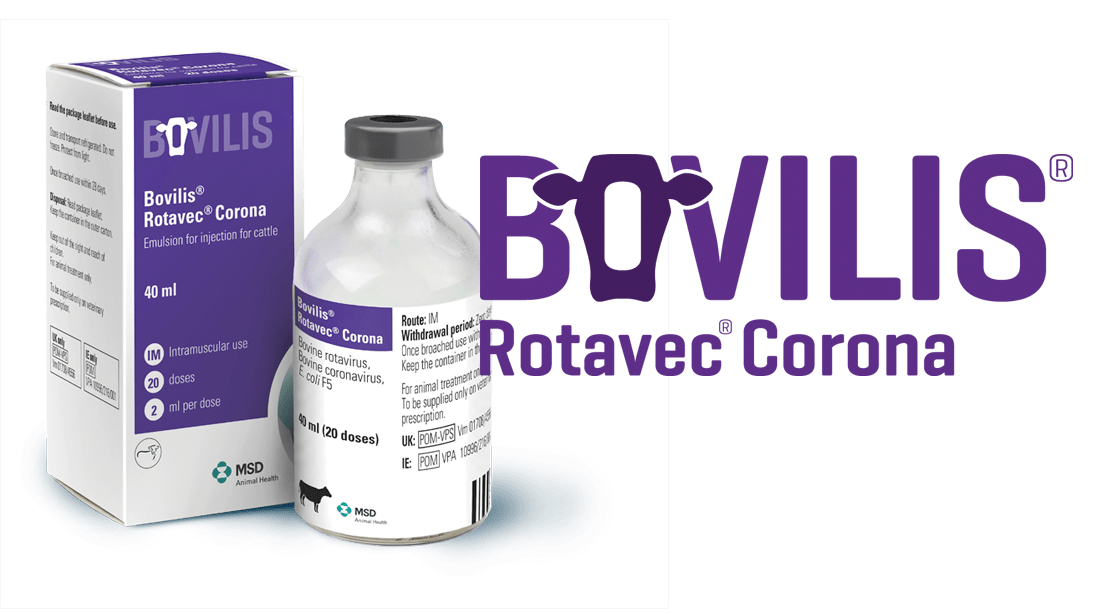
Single dose vaccine given intramuscularly (IM) 12-3 weeks before calving. Single booster dose during each subsequent pregnancy. Bovilis® Rotavec® Corona can be given at the same time, with the first or second vaccination of Bovilis Cryptium.
Bovilis Cryptium is a vaccine for subcutaneous administration.
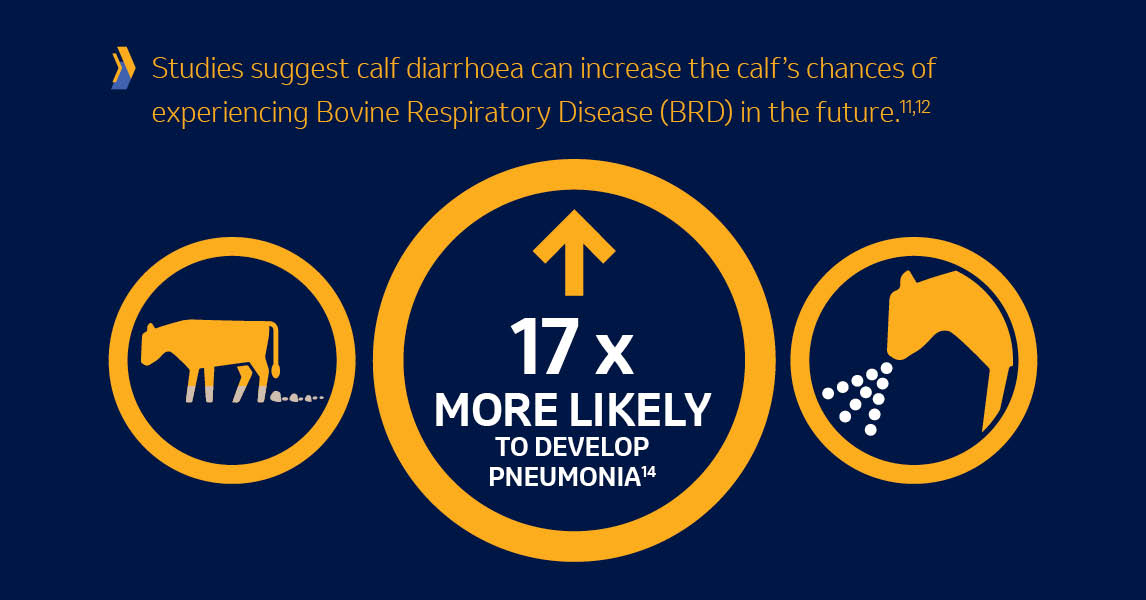
TOTAL COST OF A SCOUR OUTBREAK
100 COWS = €67256
GROWTH IMPACT PER CALF
OVER 180 DAYS AS A RESULT OF AN INFECTION
Vaccinating with BOVILIS CRYPTIUM gives the immunity your herd needs from the start of life. The result is lower morbidity, higher weight gain and overall higher herd productivity.
COLOSTRUM
MANAGEMENT
Studies showed that
supplemental colostrum
feeding during the first 2 weeks reduces diarrhoeal disease and improves average daily gain.8
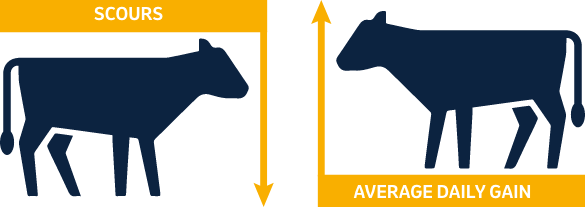

LONGER COLOSTRUM FEEDING IS BENEFICIAL FOR IMMUNITY
 Local Immunity.
Local Immunity.
 Development of intestinal villi.
Development of intestinal villi.
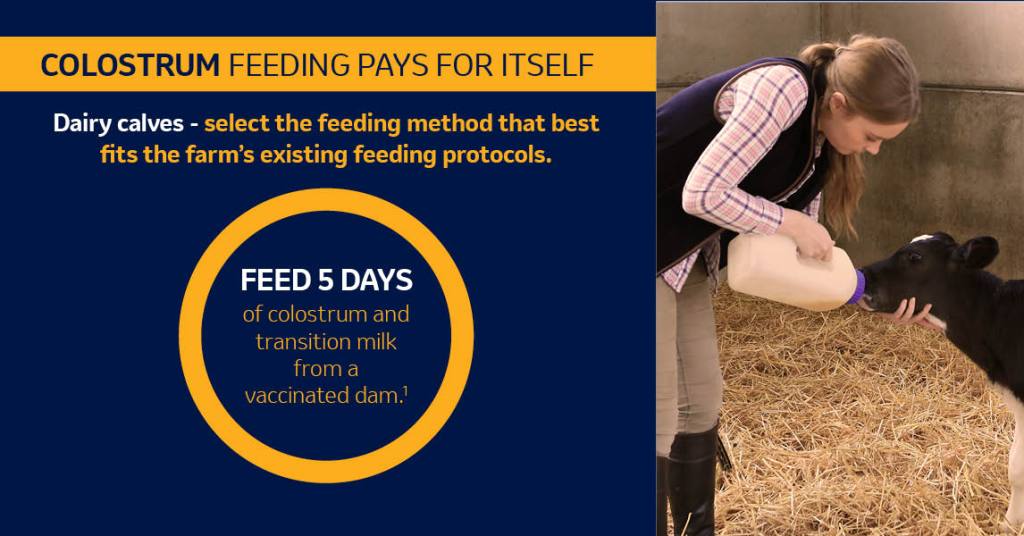
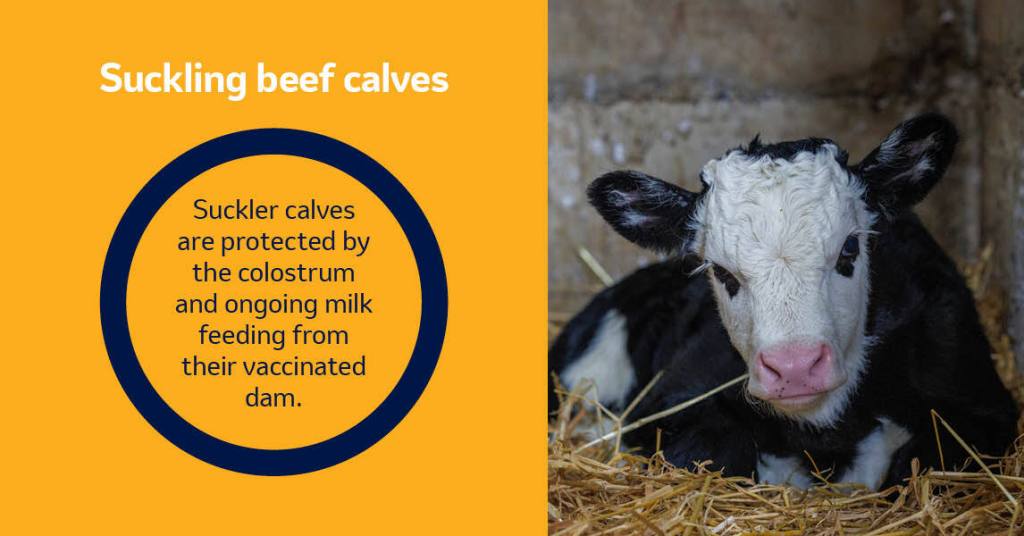
TALK TO YOUR VET ABOUT BOVILIS CRYPTIUM ![]()
HEAR FROM
OUR EXPERTS
Listen to Dr. Mark van Roosmalen and Dr. Hannah Shaw talk about Cryptosporidiosis and what the new Bovilis Cryptium vaccine will mean for farmers.

Dr. Mark van Roosmalen, Principal Scientist, MSD Animal Health
Hear from Dr. Roosmalen how MSD Animal Health developed the Bovilis Cryptium vaccine.
Dr. Hannah Shaw, Harper Adams University
Hear from Dr. Shaw about the impact Cryptosporidiosis has on farms and what impact the new Bovilis Cryptium vaccine could have.
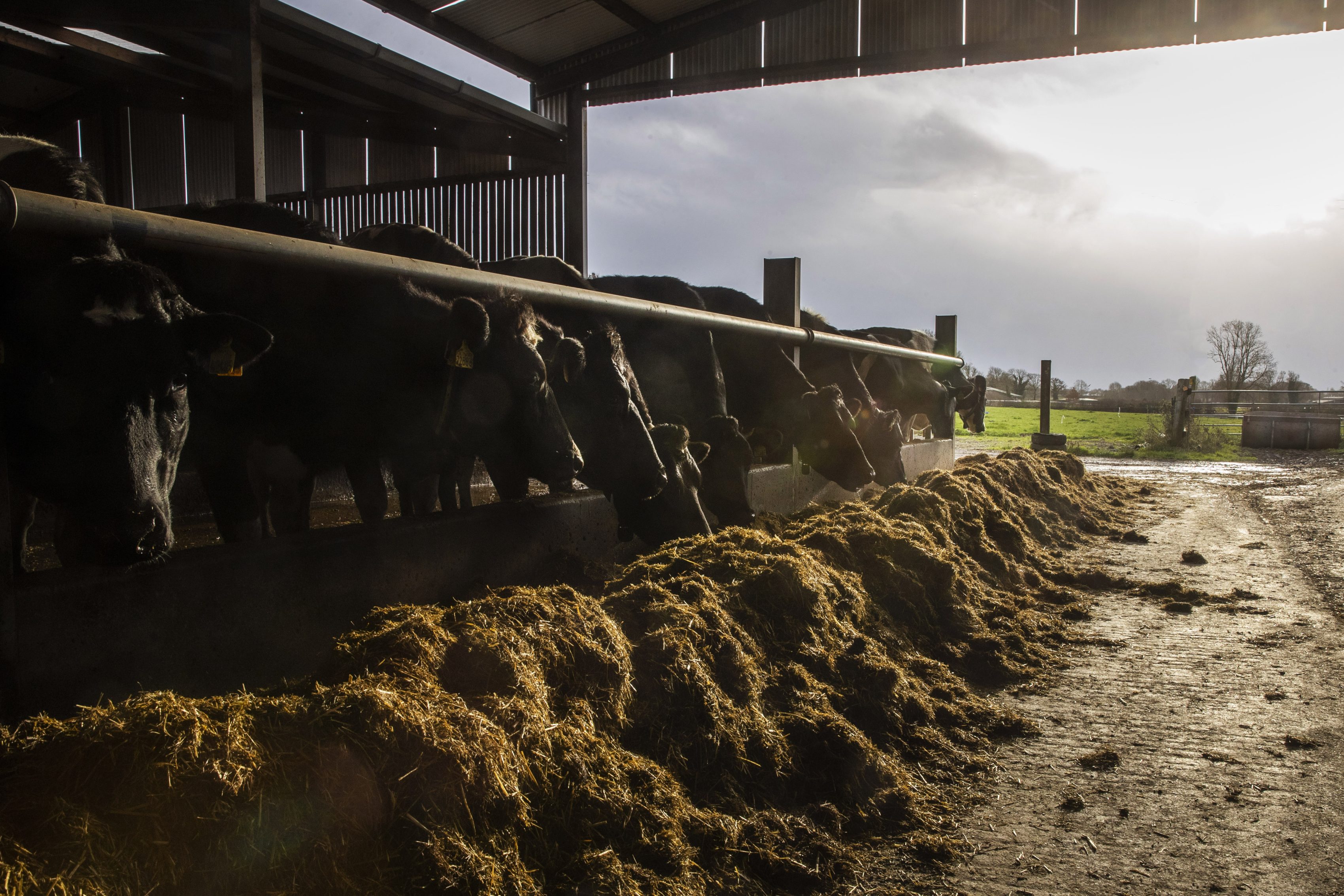

CONTACT YOUR VET
FOR MORE INFORMATION
Share this information with a veterinary practitioner or
farmer today
FAQs
Cryptosporidiosis is the disease caused by Cryptosporidium, a genus of microscopic gastrointestinal parasites that cause diarrhoea in cattle. The specific species, Cryptosporidium parvum, is a significant cause of neonatal calf diarrhoea (scours).
Cryptosporidium is found worldwide, including the United States and Europe.
Calves with Cryptosporidiosis suffer from mild to severe diarrhoea, typically lasting several days. In some cases, they may also exhibit mild fever, dehydration, apathy, anorexia, and weight loss (short and long-term).
Cryptosporidium is transmitted via the fecal-oral route, meaning that infection is caused when Cryptosporidium oocysts are ingested orally, and are spread through an infected animal’s feces. Because of this, transmission can occur directly (from another infected calf, animal, or human), or indirectly (through fecal contamination in the immediate environment, water, feed, or fomites). This infection results in diarrhoea because the lifecycle of the parasite causes damage or disruption to the digestive system of the calf.
Cryptosporidiosis is primarily managed with supportive care (e.g., electrolyte therapy, fluids), but options like antibiotics, feed additives, or Halocur® can help. However, it is preferred to prevent the disease altogether through hygienic measures and vaccination with Bovilis Cryptium®, and to reserve these treatments as a second-line defence.
Cryptosporidiosis can be prevented by implementing proper hygiene practices on the farm as well as vaccination with Bovilis Cryptium the first and only vaccine against Cryptosporidiosis!
No, Bovilis Cryptium is a preventative vaccine. Antibiotics can be harmful to the gut microbiome, and their overuse can contribute to the rise of antibiotic resistance, so it is preferable to begin with preventative measures when managing diseases.
Bovilis Cryptium works by increasing the specific antibodies in the colostrum of the dam, which are then passed onto the calf when it consumes her colostrum. This provides the calf with protection against the parasite in the form of passive local immunity. Protection of calves depends on adequate ingestion of colostrum and transition milk from vaccinated mother cows. It is recommended that all calves are fed colostrum and transition milk during the first 5 days of life.
Talk to your vet to discuss implementing Bovilis Cryptium on your farm! Bovilis Cryptium is a convenient health solution that can be administered at the same time as Bovilis® Rotavec® Corona to provide comprehensive protection against the four most common neonatal calf diarrhoea pathogens: Cryptosporidium parvum, coronavirus, rotavirus, and E. coli.
REFERENCES
- Smith RP, Clift on-Hadley FA, Cheney T, Giles M. Prevalence and molecular typing of Cryptosporidium in dairy cattle in England and Wales and examination of potential on-farm transmission routes. Vet Parasitol 2014;204:111–9. https://doi.org/10.1016/j. vetpar.2014.05.022.
- Priest JW, Li A, Khan M, Arrowood MJ, Lammie PJ, Ong CS, et al. Enzyme immunoassay detection of antigen-specific immunoglobulin G antibodies in longitudinal serum samples from patients with cryptosporidiosis. Clin Diagn Lab Immunol 2001;8:415–23. https://doi.org/10.1128/CDLI.8.2.415-423.2001.
- Hubers, W., Gevers, K., Timmermans, M., Vertenten, G., van Roosmalen, M, Bovine anti-Gp40 antibodies neutralize Cryptosporidium infections in-vitro and are reactive with different Cryptosporidium stadia, European Buiatric Congress, 2023.
- Kamphorst K, Van Daele E, Vlieger AM, et al., Early life antibiotics and childhood gastrointestinal disorders: a systematic review, BMJ Paediatrics Open 2021;5:e001028. doi:10.1136/bmjpo-2021-001028.
- APHA 2012-2020. Scour causing pathogen identification in neonatal, pre-wean, post-wean groups.
- ADAS Report: Economic impact of health and welfare issues in beef cattle and sheep in England (p. 35/36). Conversion rate to EUR 1.16 (Aug, 23).
- Shaw, H. J., Innes, E. A., Morrison, L. J., Katzer, F., & Wells, B. (2020). Long-term production effects of clinical cryptosporidiosis in neonatal calves. International Journal for Parasitology, 50(5), 371–376. https://doi.org/10.1016/j.ijpara.2020.03.002
- Berge AC, Besser TE, Moore DA, Sischo WM. Evaluation of the effects of oral colostrum supplementation during the first fourteen days on the health and performance of preweaned calves. J Dairy Sci. 2009 Jan;92(1):286-95. doi: 10.3168/jds.2008-1433. PMID: 19109287; PMCID: PMC7125711.
- Naylor JM. Neonatal Calf Diarrhoea. Food Anim Pract 2009:70. https://doi.org/10.1016/
B978-141603591-6.10021-1. - Millemann Y. Diagnosis of neonatal calf diarrhoea. Rev Med Vet (Toulouse) 2009;160:404-9.
- Gulliksen, S.M., Jor, E., Lie, K.I., Løken, T., Åkerstedt, J. and Østerås, O., 2009. Respiratory infections in Norwegian dairy calves. Journal of dairy science, 92(10), pp.5139-5146.
- Pardon, B., Hostens, M., Duchateau, L., Dewulf, J., De Bleecker, K. and Deprez, P., 2013. Impact of respiratory disease, diarrhea, otitis and arthritis on mortality and carcass traits in white veal calves. BMC veterinary research, 9, pp.1-14.
- All-Island Disease Surveillance Report, 2021. Department of Agriculture, Food and the Marine or Ireland, Agri-Food and Bioscience Institute and Animal Health Ireland.
- A Practical Guide to Diagnosis, Bovine Neonatal Diarrhoea, p.10, MSD Animal Health.
IE-BOV-231200012
Bovilis® Cryptium® contains inactivated Cryptosporidium parvum Gp40 antigens. Read the product data sheets for more information.
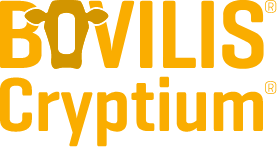
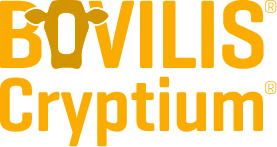

 Two Page Information Sheet
Two Page Information Sheet 






